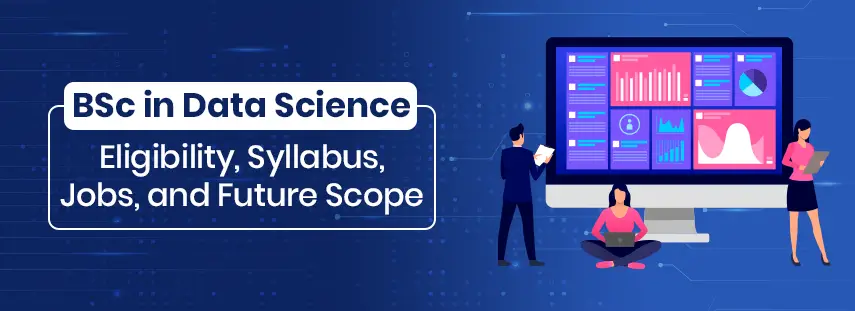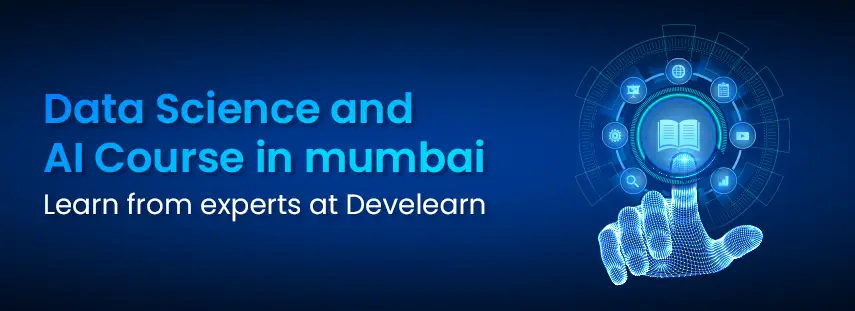Join As Students, Leave As Professionals.
Develearn is the best institute in Mumbai, a perfect place to upgrade your skills and get yourself to the next level. Enroll now, grow with us and get hired.

What is Data Analyst? - Eligibility, Courses, Scope & Future
Read the article to know about the future of data analytics, eligibility criteria, courses, syllabus, job profiles, and payscale for data analysts. Explore the exciting world of data analysis and its growing opportunities.
DeveLearn Technologies
30 minutes
June 10, 2024
Loading content...




